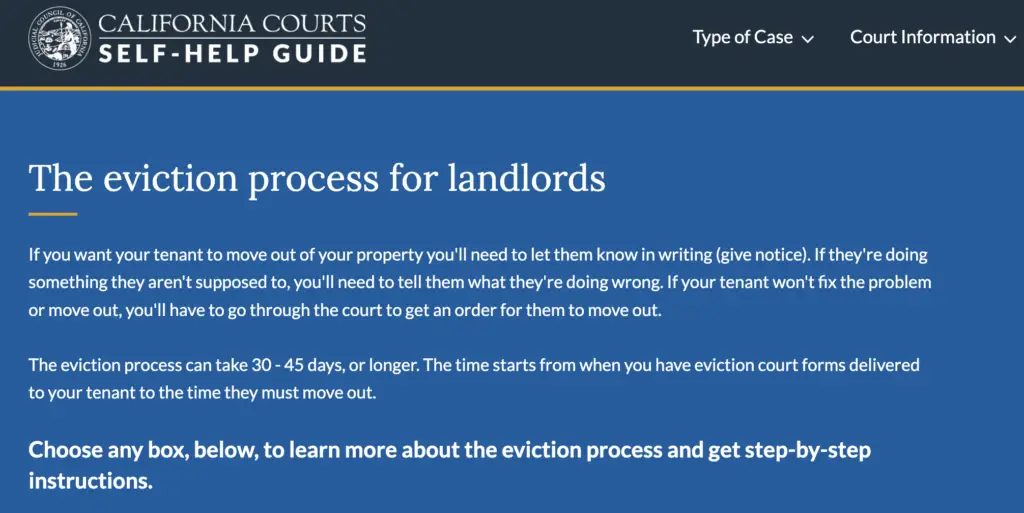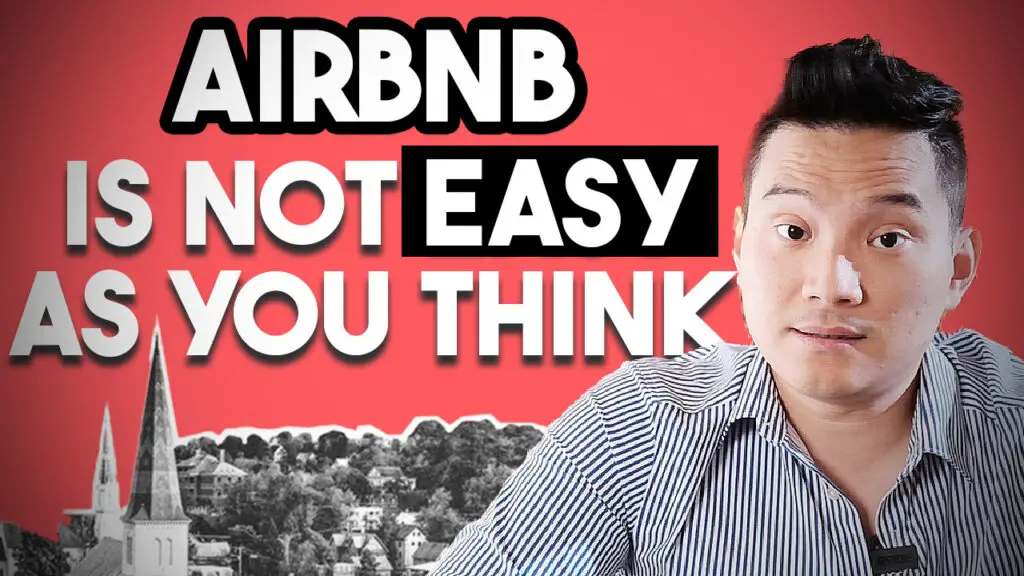Hey there! If you’re thinking about investing in Airbnb, I’ve got some valuable insights to share based on my own experience. Let’s dive in!
HIGH-PROFIT MARGINS
First off, let’s talk about the pros of investing in Airbnb. One major advantage is the high-profit margins. With Airbnb, you can make two to three times more revenue compared to long-term rentals. It all depends on the location, though.
For example, in central California where I live, long-term rentals for a house go for around $2k to $3k, while on Airbnb, you can make $5k to $10k. That’s quite the difference, right?
DIVERSIFIED RISK
Another pro is diversified risk. Short-term rentals involve multiple tenants for shorter periods, which means less risk for you as an investor. Plus, Airbnb ensures you’ll receive payment when guests book your house.
On the other hand, with a long-term rental, if a tenant can’t pay their monthly rent, you could end up dealing with legal fees for eviction and losing months of revenue. Trust me, I’ve been through that struggle myself with one of my houses in Oakland, California.
The eviction process was a nightmare, taking three months to kick out the non-paying tenant due to tenant rights laws in California. Evictions can drag on for 30-45 days, or even longer!

FREQUENT PROPERTY MAINTENANCE
Now, let’s talk about the perks of frequent property maintenance with Airbnb. Hosting multiple guests each month doesn’t cause much more wear and tear compared to an annual tenant. Your house stays clean, and if something breaks, you can fix it right away.
This is especially beneficial if you plan to sell the house later on. With Airbnb, the property is already in good shape and regularly cleaned, whereas long-term rentals may only be checked every 6 months or even a year. Trust me, I had a nightmare experience with a messy long-term tenant at one of my properties. The house smelled like weed, had multiple holes in the walls, flooded like a mudslide, and was overall trashed. It cost me a whopping $20k to $30k to fix up the damage back then. Add inflation to the mix, and you’ll be paying even more now!
TIME-CONSUMING
Now, onto the cons of investing in Airbnb. First and foremost, it can be time-consuming. Managing Airbnb rentals requires a lot of work, from scheduling cleanings to adjusting the rental calendar and promptly answering guest inquiries. I learned early on to turn off notifications from all apps except for Airbnb. It’s crucial to respond quickly, preferably within an hour, to maintain a good reputation.
On top of that, you’ll have to handle tasks like laundry and occasional repairs. But fear not! Once you establish a system, things can run more smoothly. Personally, I send automated messages to all my Airbnb guests for check-in, check-out, and any other important updates. Even the door passcode is automatically generated for each guest, ensuring a seamless experience. I don’t have to lift a finger!
UPFRONT COST OF FURNISHING
Another con is the upfront cost of furnishing a property for Airbnb. When starting as an Airbnb host, you’ll need to invest in furniture right off the bat. In my case, furnishing a big house cost me around $20k to $30k, as I opted for brand-new furniture. However, you can definitely find cheaper options like second-hand furniture, just watch out for bedbugs!
If you’re considering furnishing a smaller studio, expect to spend around $5k to $10k. Keep in mind that prices may fluctuate, especially with the current port and cargo disruptions affecting supply chains. Inflation is high as well, so be prepared.
UNPREDICTABLE INCOME
Next, let’s talk about unpredictable income. This is one of the drawbacks of short-term rentals. Your calendar won’t always be fully booked, especially during low and shoulder seasons. High season, running from April to August, is typically a busy period.
However, the rest of the year can be more volatile. You might face unexpected events, like a natural disaster in the surrounding area, which can negatively impact your bookings. I experienced this firsthand when a fire broke out near my house in Sequoia Park.

It was a terrifying sight, and every single guest canceled their booking. My property remained empty for three months. Definitely not an ideal situation!
THE LAWS, REGULATIONS, AND TAXES
Lastly, let’s talk about the laws, regulations, and taxes associated with Airbnb. Regulations vary depending on your county and city, so you’ll want to do your research. In some cases, you might need a short-term rental permit, as failing to comply can result in hefty penalty fees. Taxes are also a consideration. In some areas, Airbnb automatically deducts a 10% occupation tax for you, while in other cases, you’ll have to report your earnings quarterly and send the tax office a check for 10% of the total amount. Don’t underestimate the importance of following the rules.
If you don’t, you could end up paying a lot of fines.
Like This Post? Do Me a Favor and Share it!
